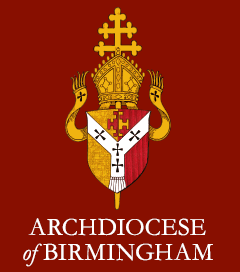Chemistry
|
Chemistry |
|
|
Edexcel |
|
|
Year 12 |
Year 13 |
|
A level Chemistry attempts to answer the big question ‘what is the world made of?’ and it’s the search for this answer that makes this subject so fascinating. From investigating how one substance can be changed drastically into another, to researching a new wonder drug to save millions of lives, the opportunities that chemistry provides are endless. In year 12 student’s study:
An experimental approach is present throughout the course with students studying core chemistry techniques through a variety of practical work. |
Year 13 builds upon the concepts from year 12. Additional topics include:
A level grades will be based only on marks from written exams. These will test understanding of chemistry concepts as well as experimental methods.
A separate endorsement of practical skills will be taken alongside the A level. This will be assessed by teachers and will be based on direct observation of students’ competency in a range of skills.
|
|
Links Well With: Chemistry links well with Physics, Maths and Biology |
|
|
Progression Routes: Common degree courses for Chemistry students include:
Chemistry is essential for medicine. Careers include: Analytical Chemist, Chemical Engineer, Biochemist, Doctor, Toxicologist, Environmental Consultant, Teacher and Patent Attorney |
|
|
Entry Requirements: GCSE Grade 6 in both Combined Sciences or Grade 6 in Chemistry. GCSE Grade 5 English and Grade 6 Maths are also required. |
|





